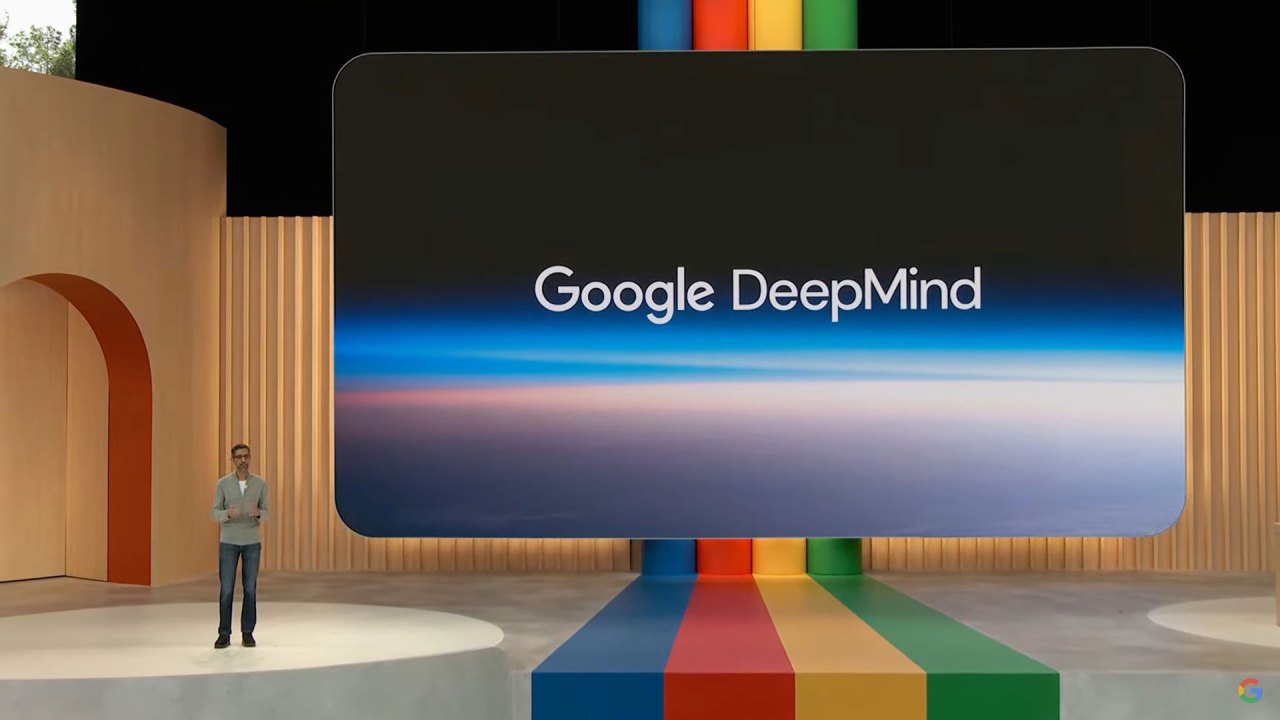As artificial intelligence continues to revolutionize creative industries, the emergence of tools to manage and recognize AI-generated content is rapidly gaining traction. A recent collaboration between DeepMind and Google Cloud introduces a state-of-the-art tool called SynthID, which aims to embed digital watermarks into AI-generated images. This innovative approach not only enhances the management of digital content but also plays a crucial role in curbing misinformation and promoting accountability in media. Let’s dive deeper into this groundbreaking development and its implications.
What is SynthID?
SynthID is a watermarking tool designed specifically for images created using Google’s Imagen model, which is accessible through Vertex AI. Unlike traditional watermarking methods, SynthID embeds a digital watermark that is virtually imperceptible to the human eye, while remaining detectable through algorithmic scrutiny. This means that even if the images undergo significant modifications, the watermark can still potentially be identified by the tool.
The Need for Responsible AI
The rapid advancement of generative AI technologies opens up vast creative potentials but also raises concerns about ethical uses and the potential for misinformation. With AI-generated content becoming increasingly indistinguishable from human-created media, it is vital to establish methods of authentication. DeepMind emphasizes that, “being able to identify AI-generated content is critical to empowering people with knowledge of when they’re interacting with generated media.”
How SynthID Works
- Two AI Models: SynthID employs two training models; one for watermarking images and another for identifying the presence of the watermark.
- Robustness Against Modifications: Even with image adjustments such as color changes and heavy compression, the watermark remains intact, making it a resilient solution for managing AI-generated media.
- Limitations: While promising, SynthID cannot guarantee perfect identification of watermarked images. Instead, it differentiates between probable and highly likely instances of watermarking.
The Wider Context
This development resonates with a growing trend among tech firms to incorporate watermarking standards to enhance transparency in AI-generated content. For instance, major companies like Microsoft and Shutterstock have committed to similar watermarking solutions. The global regulatory landscape is also evolving, with bodies like China’s Cyberspace Administration initiating requirements for clear identification of AI-generated works.
Impact on the Future
While SynthID currently serves only the Imagen model, DeepMind has indicated intentions to potentially expand its application to third-party developers in the near future. This raises intriguing possibilities about how various sectors can utilize such watermarking technologies to establish authenticity while navigating the waters of generative AI responsibly.
Conclusion
As generative AI continues to evolve and permeate mainstream media, tools like SynthID represent a crucial step toward responsible AI deployment. Not only does this tool empower users with knowledge and control over AI-generated media, but it also supports the fight against misinformation. The partnership between DeepMind and Google Cloud is a testament to the importance of creativity coupled with accountability in the digital landscape.
At fxis.ai, we believe that such advancements are crucial for the future of AI, as they enable more comprehensive and effective solutions. Our team is continually exploring new methodologies to push the envelope in artificial intelligence, ensuring that our clients benefit from the latest technological innovations.
For more insights, updates, or to collaborate on AI development projects, stay connected with fxis.ai.

